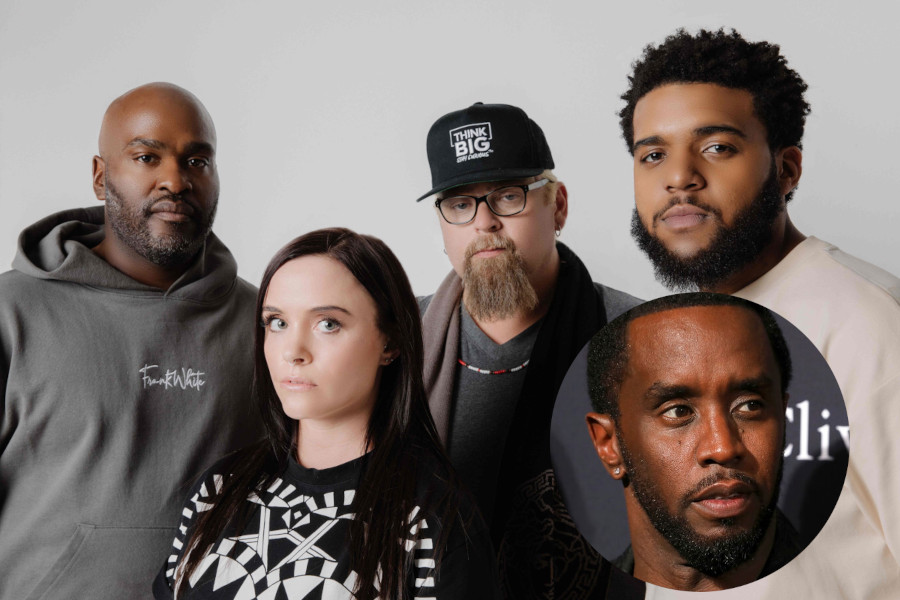OpenAI plans to allow a wider range of content, including erotica, on its popular chatbot ChatGPT as part of its push to treat adult users like adults, says its boss Sam Altman.
In a post on X on Tuesday, Mr. Altman said upcoming versions of the popular chatbot would enable it to behave in a more human-like way - but only if you want it, not because we are usage maxxing.
The move, reminiscent of Elon Musk's xAI recent introduction of two sexually explicit chatbots to Grok, could help OpenAI attract more paying subscribers.
It is also likely to intensify pressure on lawmakers to introduce tighter restrictions on chatbot companions.
OpenAI did not respond to the BBC's requests for comment following Mr. Altman's post.
Changes announced by the company come after it was sued earlier this year by parents of a US teen who took his own life.
The lawsuit filed by Matt and Maria Raine, who are the parents of 16-year-old Adam Raine, was the first legal action accusing OpenAI of wrongful death.
The Californian couple criticised the company's parental controls - which it said were designed to promote healthier use of its chatbot - saying they did not go far enough.
The family included chat logs between Adam, who died in April, and ChatGPT that show him explaining he has suicidal thoughts.
Altman said that OpenAI previously made ChatGPT pretty restrictive to make sure we were being careful with mental health issues.
He stated, We realise this made it less useful/enjoyable to many users who had no mental health problems, but given the seriousness of the issue, we wanted to get this right.
However, he mentioned the company has now been able to mitigate serious mental health risks and developed new tools allowing it to safely relax the restrictions in most cases.
In December, as part of their 'treat adult users like adults' principle, they will allow even more, like erotica for verified adults.
Critics argue that OpenAI's decision to allow erotica raises the need for more regulation at the federal and state levels.
Jenny Kim, a partner at a law firm, raised concerns about how children will be prevented from accessing the adult-only portions of ChatGPT.
The evolving landscape of AI regulations is underscored as several states attempt to introduce measures addressing children's interaction with AI technologies.
Governor Gavin Newsom recently vetoed a bill that aimed to block AI chatbots from being offered to children unless developers could ensure safety against harmful behaviors.
On a nationwide level, the US Federal Trade Commission has initiated inquiries into how AI chatbots engage with minors.
Amidst growing scrutiny, Altman's announcement appears to signal a move towards broader content acceptance, juxtaposed against rising concerns about AI ethics, market practices, and user safety.



















